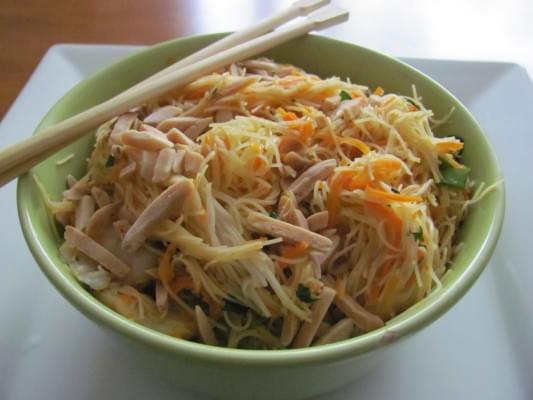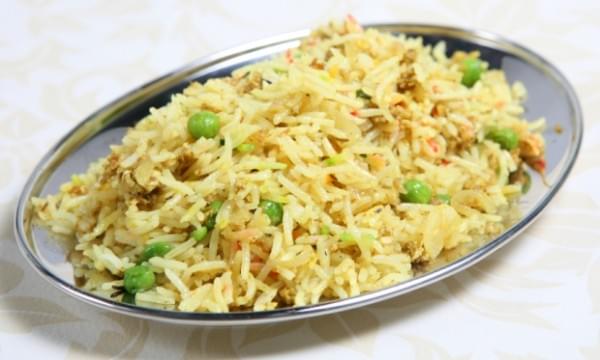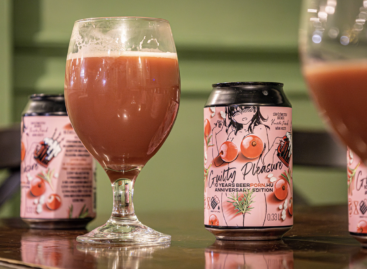Rice helps you fall asllep, unlike pasta
What you eat for dinner can have an effect on your sleep, especially where rice and noodles are concerned. Researchers have figured out that piling up on rice at dinner can lead you to deep, refreshing sleep, while choice pasta and noodles can hold you back from stack up on snooze.
The Daily Mail filled us in on the research conducted by researchers in Japan and what their results could mean for us. It turns out that consuming foods high on the glycemic index (GI), such as rice produce great sleep quality because they release sugar into our blood faster that lasts for a longer period of time, while low GI foods do the exact opposite. They don’t raise our blood sugar levels enough, and only last for a shorter amount of time.
Changing your diet to one that contains high GI foods may have an impact on sleep quality because it helps the body produce more tryptophan, an amino acid that makes us feel good, which is then converted into serotonin and finally into melatonin, our hormone that that makes us feel sleepy.
Recently published in the journal PLOS ONE, 1,848 factory workers had their data from their annual health examinations analyzed, assessing their diet, exercise, smoke intake, and sleep quality. Participants answered questionnaires regarding medications, whether they slept with the lights on, long they slept, and how they felt during their work day.
The workers who consumed more noodles had more sleep disruptions, more symptoms of daytime sleepiness, reported poorer sleep quality, took longer to fall asleep and relied on more medications, compared to the worker with higher rice consumption who slept better overall. However, consuming bread products such as pizza and pancakes was found to have no effect.
Related news
Related news
Hungarian beer magazine celebrates with rosé beer
🎧 Hallgasd a cikket: Lejátszás Szünet Folytatás Leállítás Nyelv: Auto…
Read more >(HU) Tortadíszítés-egyetem – A nap videója
🎧 Hallgasd a cikket: Lejátszás Szünet Folytatás Leállítás Nyelv: Auto…
Read more >(HU) Sajtburgermániások, ha mást esznek – A nap képe
🎧 Hallgasd a cikket: Lejátszás Szünet Folytatás Leállítás Nyelv: Auto…
Read more >








